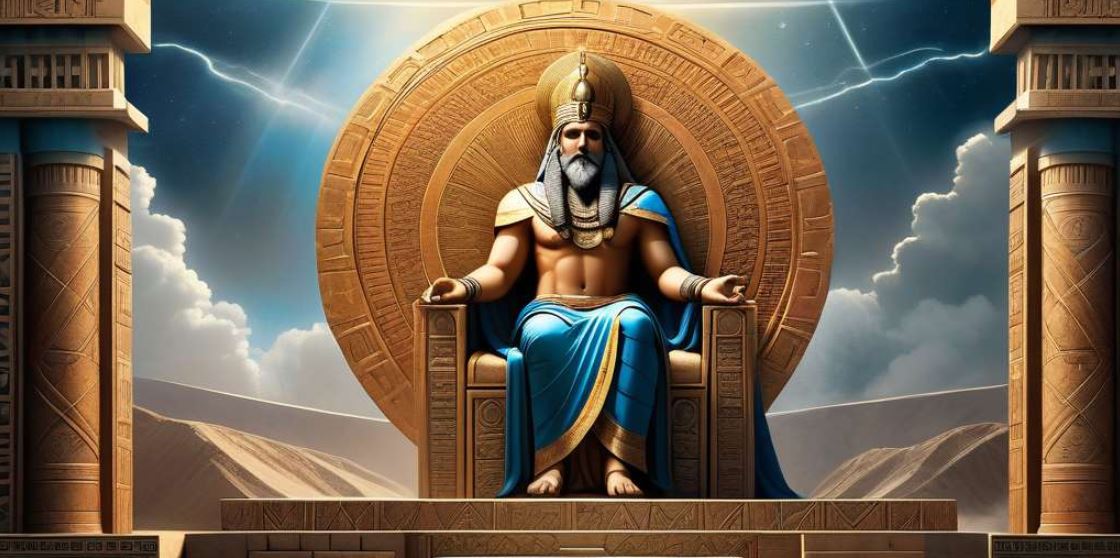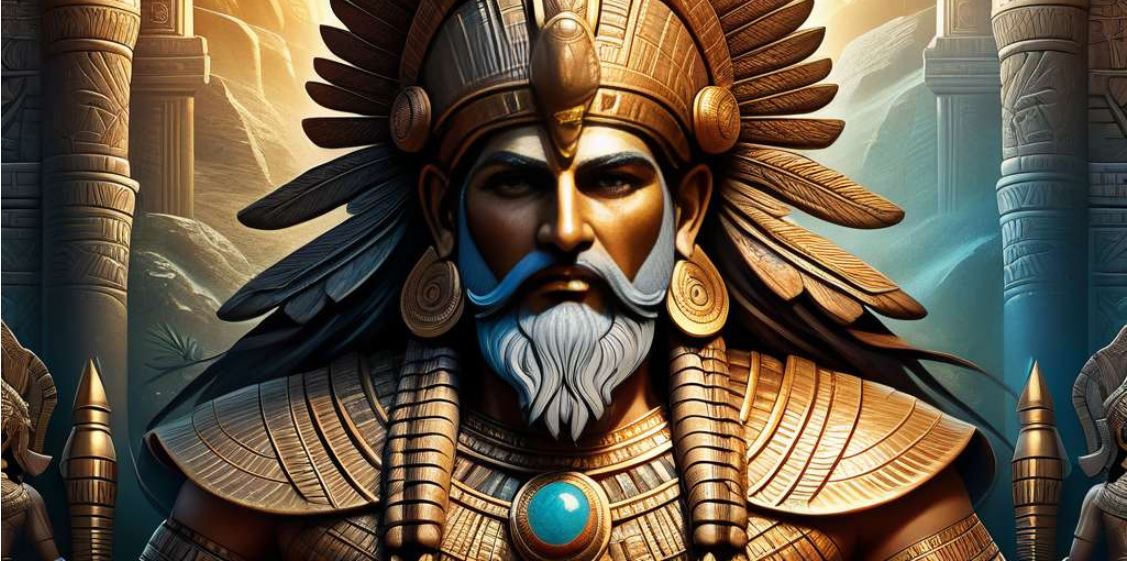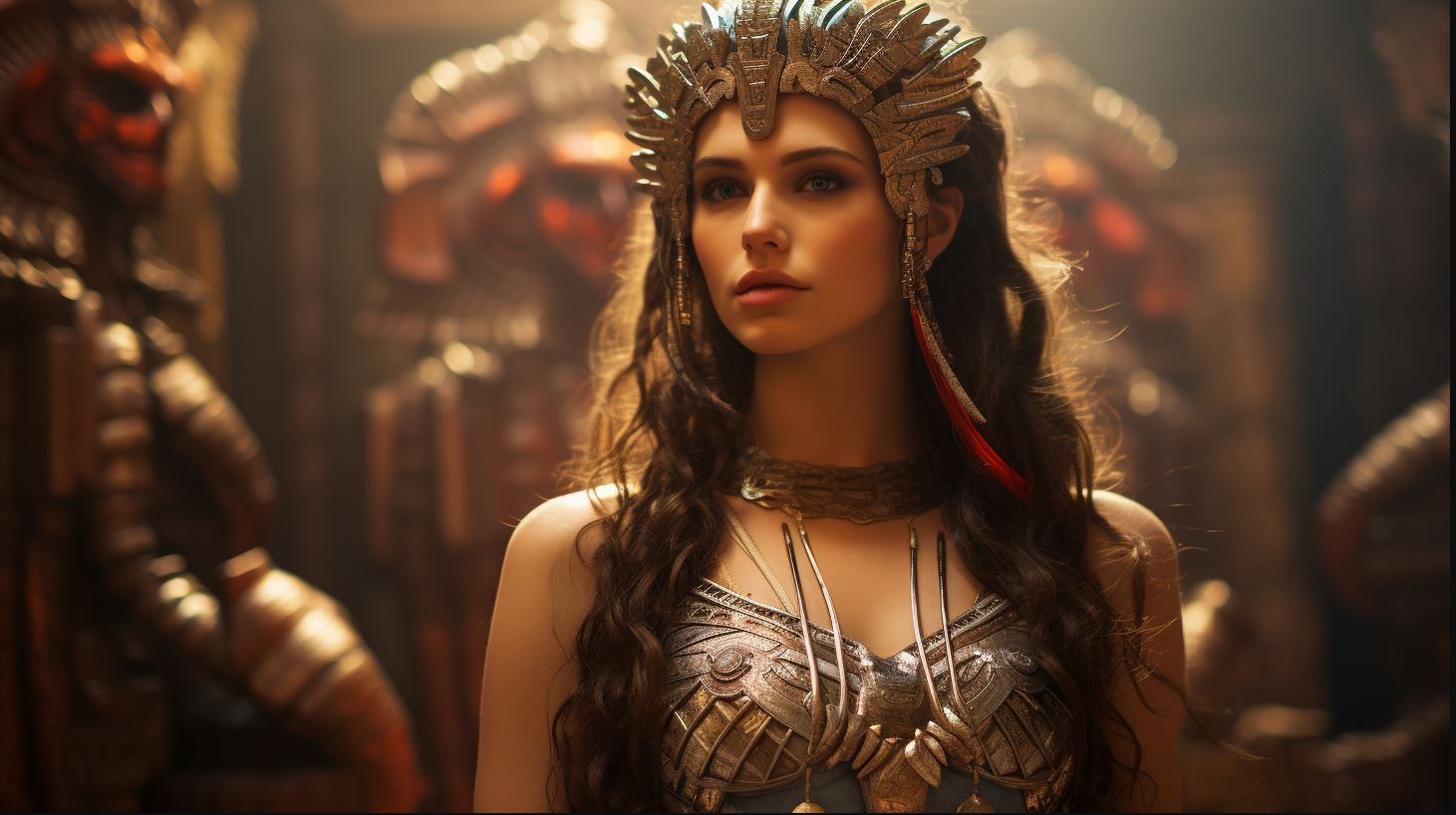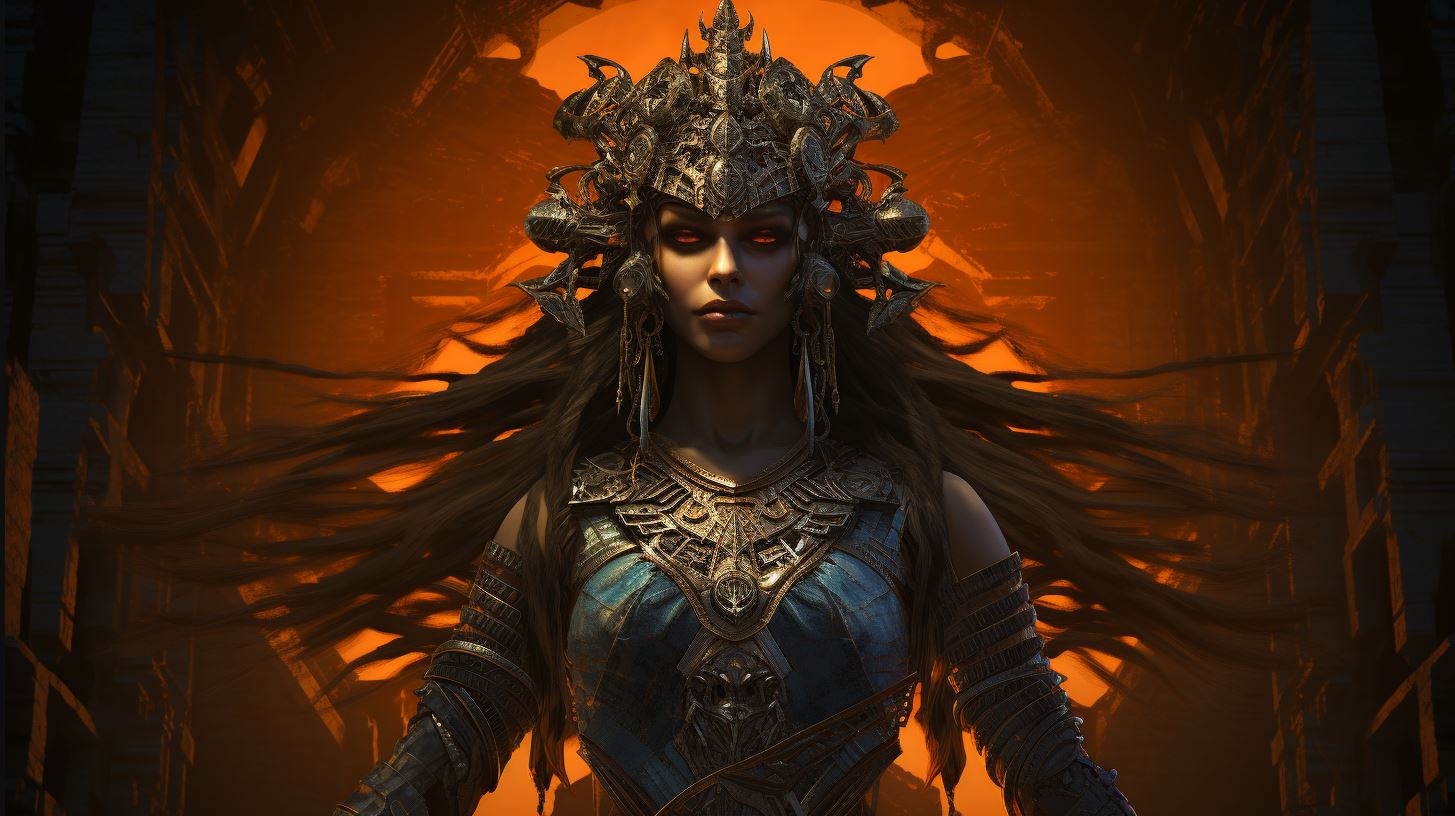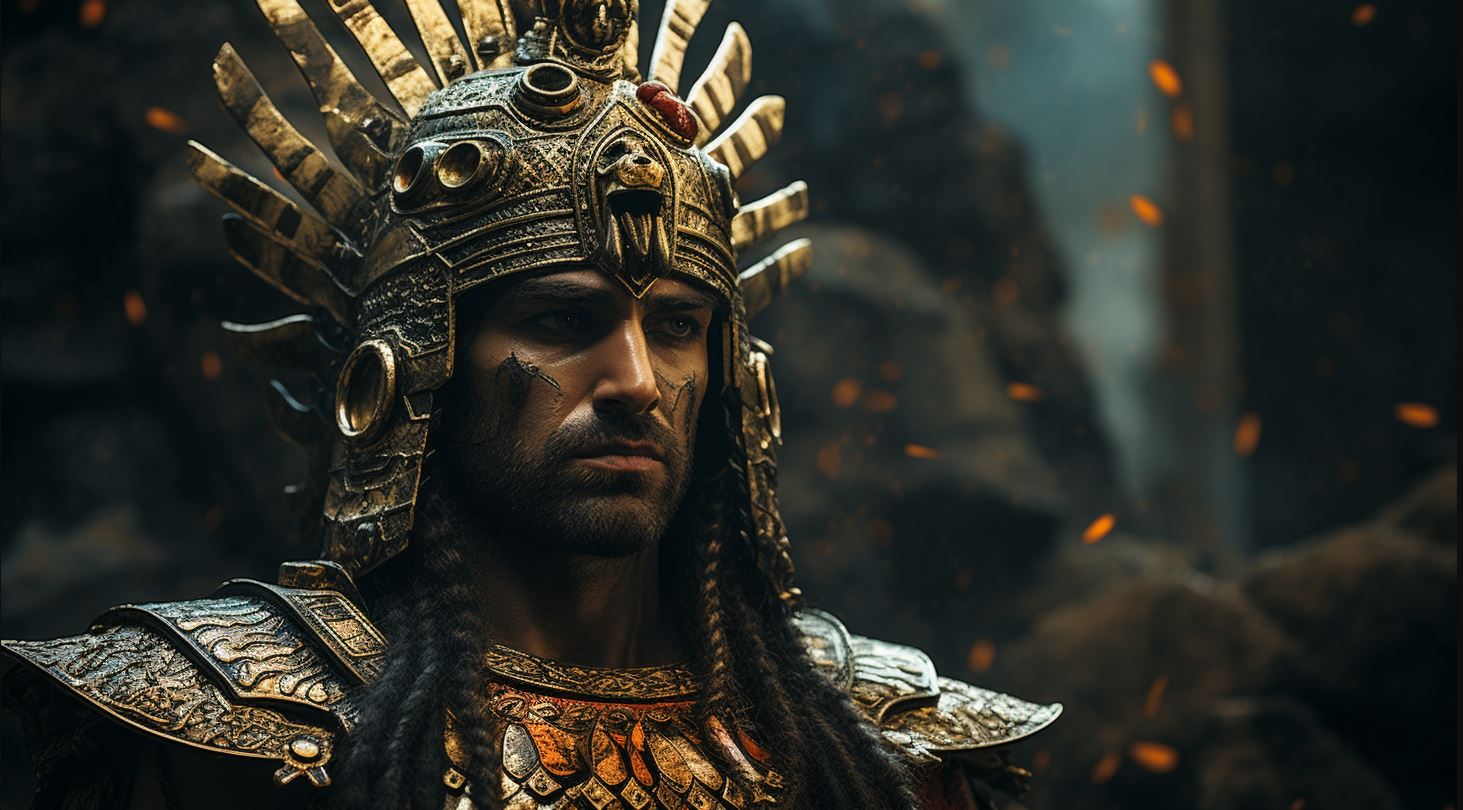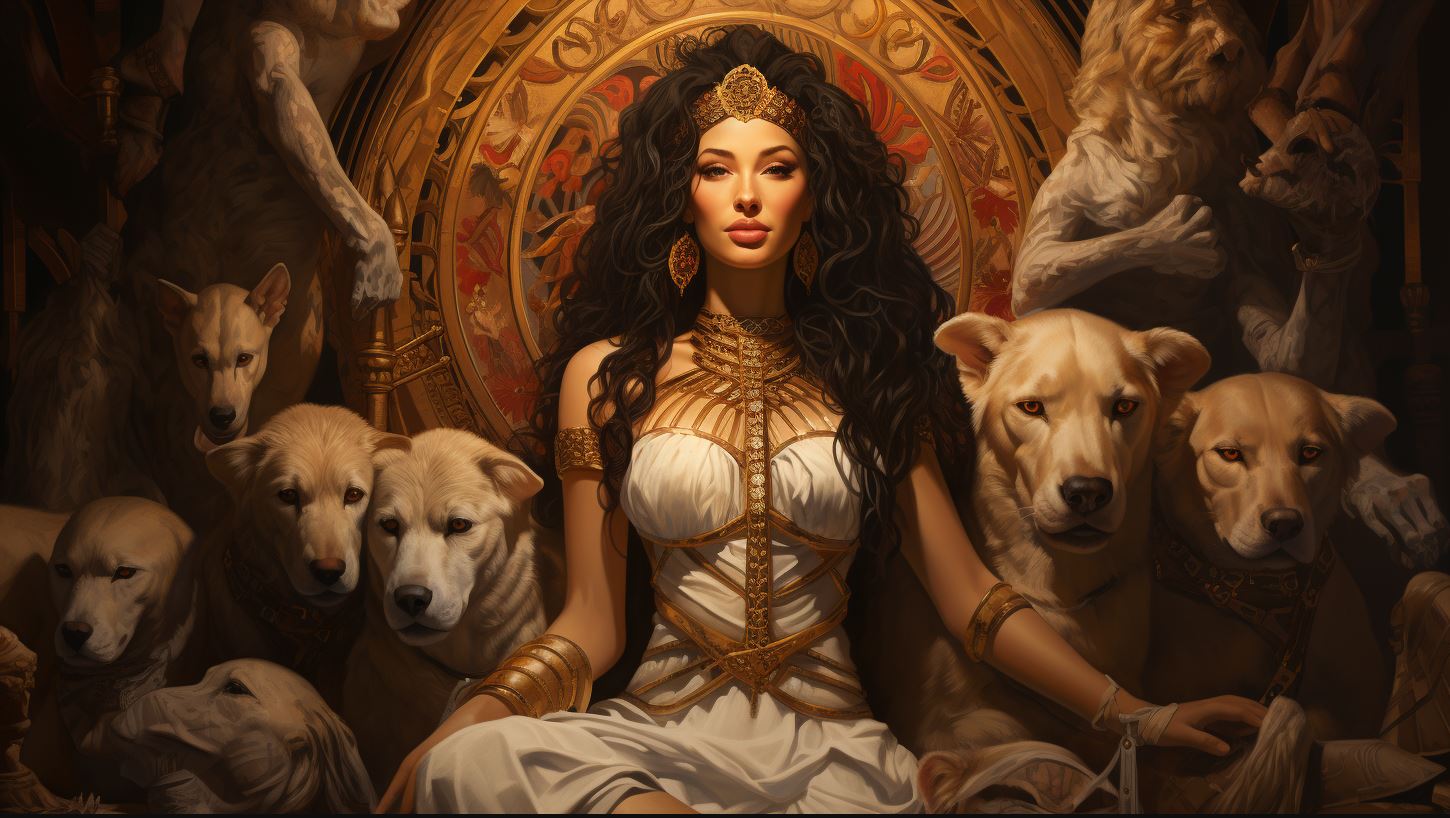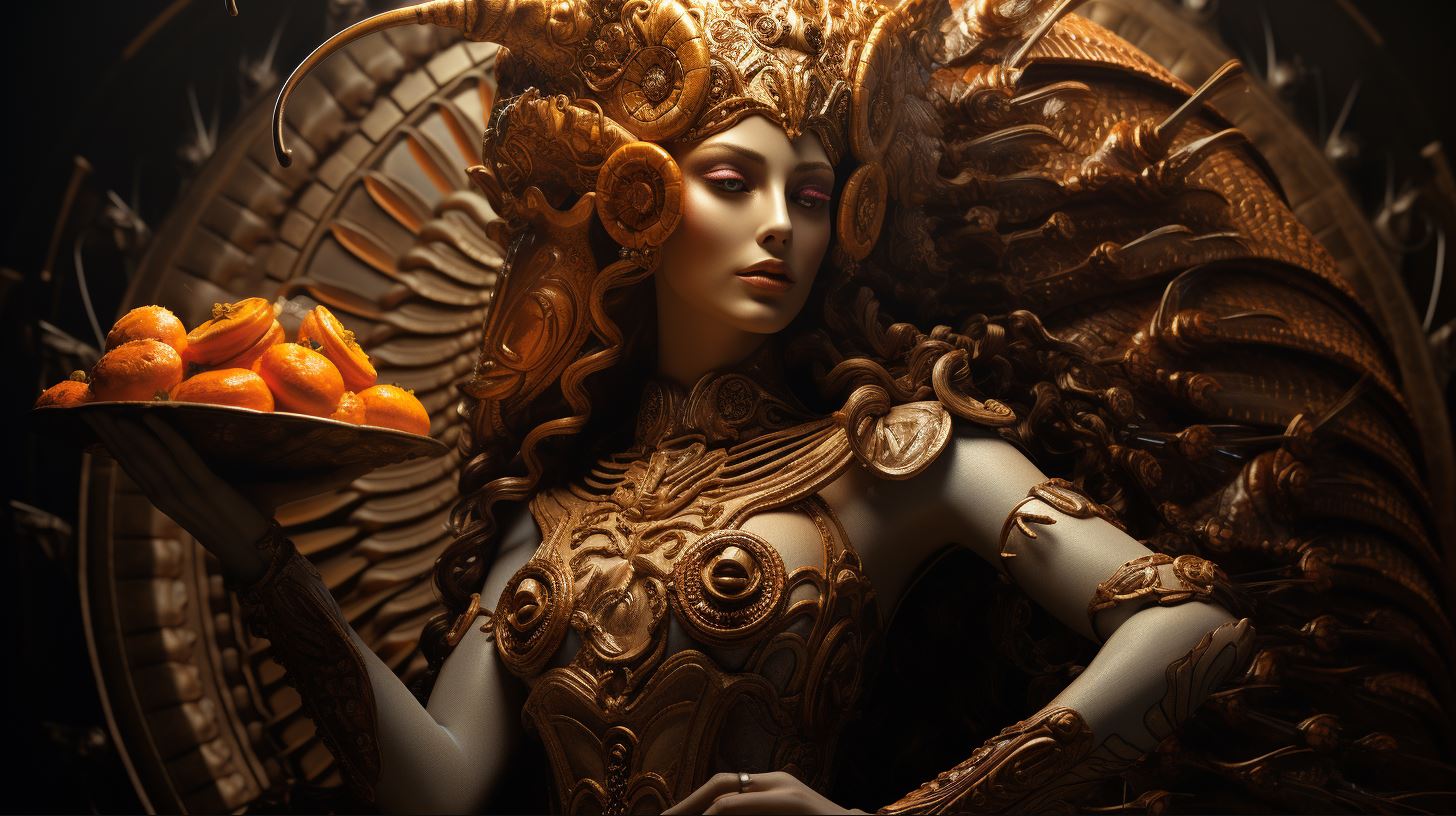Enlil Sumerian God: Unveiling the Mighty Deity of Mesopotamia
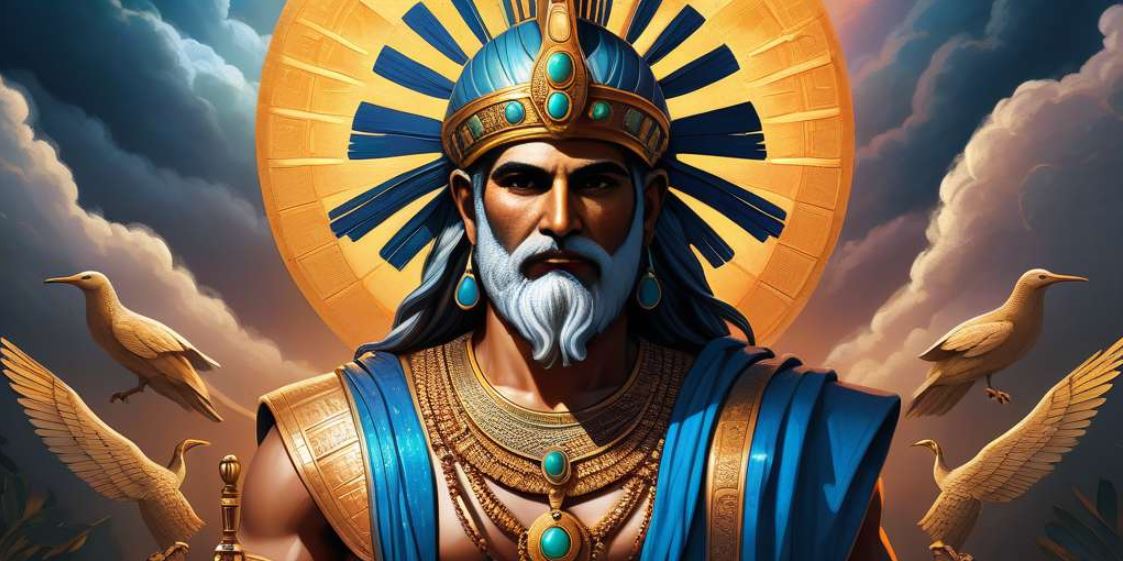
Enlil, a prominent deity in Mesopotamian mythology, is revered as the god of the sky, wind, air, and storms. Associated with fertility and considered the creator and destroyer, Enlil holds significant importance as the bringer of destinies and the bearer of the Tablets of Destiny.
This article explores Enlil’s role in Mesopotamian mythology, his association with the sky and air, and his powers as both a creator and destroyer. Additionally, it delves into Enlil’s connection to the Tablets of Destiny, which hold immense power over the course of events.
Who Is Enlil?
Enlil holds a significant role in Mesopotamian mythology, revered as the powerful god of the sky, air, wind, and storms. His influence extends beyond natural elements, encompassing the very fabric of creation and destruction.
Exploring Enlil’s multifaceted nature brings to light his central position in the pantheon and his association with various aspects of life.
Enlil’s Role in Mesopotamian Mythology
In Mesopotamian mythology, Enlil plays a vital role as one of the key gods in the divine hierarchy. Alongside Anu and Ea (also known as Enki), he forms the esteemed triad of deities governing different domains.
While Anu represents the heavens and Ea signifies the waters and wisdom, Enlil stands as the god of the sky, commanding the forces of nature and shaping human destinies.
Enlil as the God of the Sky and Air
Enlil’s dominion over the sky and air solidifies his status as a prominent deity. As the god of the heavens, he controls celestial phenomena, ranging from the gentle breezes that caress the land to the tempestuous storms that bring forth both abundance and destruction.
Enlil’s authority over these natural elements showcases his immense power and influence over the world.
Enlil’s Association with Fertility and Creation
Enlil’s connection to fertility and creation underscores his role as a benefactor of life. He is revered as the creator of the world, bestowing fertility on the earth and enabling crops to flourish.
As the life-giving deity, Enlil is hailed for his ability to nurture the land, ensuring prosperity and abundance for humanity. Simultaneously, he possesses the power to bring forth destruction when necessary, maintaining the cycle of creation and renewal.
Enlil and the Tablets of Destiny
One of the most intriguing elements of Enlil’s mythology is his connection to the sacred the Tablets of Destiny. These mystical artifacts are believed to hold the fate of the universe, with Enlil being their entrusted guardian.
According to ancient texts, the Tablets of Destiny dictate the course of events, shaping destinies, and determining the rise and fall of civilizations.
Enlil as the Decider of Destinies
Enlil’s unique role as the Decider of Destinies sets him apart in Mesopotamian mythology. It is said that he holds the power to decree the outcomes of human endeavors, weaving the threads of existence and determining the fates of individuals and nations.
With his profound wisdom and divine insight, Enlil shapes the grand tapestry of life, ensuring that the universe unfolds according to his divine will.
Enlil’s Powers as the Creator and Destroyer
Enlil’s influence as a creator and destroyer further establishes his significance in Sumerian mythology.
As the god of the sky, wind, air, and storms, Enlil possesses immense power that can bring both fertility and destruction to the earth. He is believed to play a vital role in the cyclical nature of life, heralding growth and prosperity while also unleashing devastating storms and natural disasters.
Enlil’s duality as a benevolent creator and a formidable force of destruction reflects the intricate balance and mysteries of the cosmos.

